Original UK Perkins 60KVA Diesel Generator Price in Bangladesh
Engine Details:
- Engine Model: 1103A-33TG2
- Capacity: 60 kVA / 48 kW
- Engine: Perkins
- Country of Origin: United Kingdom
- Cooling System: Water Cooled
- Cycle: 4-Stroke
- Gross Engine Power: 74 kWm
- Net Engine Power: 67 kWm
৳ 1,700,000.00 ৳ 1,800,000.00
Heavy-duty diesel generators are a crucial component of modern energy infrastructure. From providing backup power in hospitals to ensuring continuous operations at construction sites, they serve a variety of critical functions. This guide will walk you through everything you need to know about these robust power sources, from their core components to choosing the right model for your needs.
1. Understanding Heavy-Duty Diesel Generators
Diesel generators are powerful engines designed to convert diesel fuel into electrical energy. Their design is tailored for durability, reliability, and efficiency, making them indispensable in applications where power stability is essential.
2. Key Components of a Diesel Generator
To better understand how these machines work, it’s helpful to examine their primary components:
- Engine: The heart of the generator, responsible for burning diesel fuel to produce mechanical energy.
- Alternator: Converts mechanical energy from the engine into electrical power.
- Fuel System: Includes fuel tanks, pipes, and filters, ensuring a steady fuel supply.
- Cooling and Exhaust Systems: Maintain optimal operating temperatures and safely expel exhaust gases.
3. How Heavy-Duty Diesel Generators Differ
Heavy-duty diesel generators offer more power and durability than smaller or alternative-fuel models, like gasoline or natural gas generators. They are designed for prolonged use, making them ideal for industries where downtime is not an option.
5. Benefits of Heavy-Duty Diesel Generators
The advantages of these generators include:
- Reliability: Proven track record of steady power supply.
- Efficiency: Diesel engines are highly fuel-efficient.
- Longevity: Designed for long-term usage under demanding conditions.
6. Common Applications for Heavy-Duty Diesel Generators
Heavy-duty diesel generators are employed in:
- Industrial Sites: Powering equipment and tools in areas without reliable grid access.
- Emergency Backup: Critical in hospitals, data centres, and other facilities that need constant power.
7. Key Considerations When Choosing a Heavy-Duty Generator
Selecting the right generator requires attention to:
- Power Rating: Ensuring the generator meets your power demands.
- Load Capacity: Matching the generator to the expected electrical load.
- Fuel Efficiency: Optimising running costs by choosing efficient models.
8. Installation Requirements for Heavy-Duty Diesel Generators
Proper installation ensures optimal performance.
- Location Selection: A safe, well-ventilated area.
- Permits and Compliance: Ensuring all legal requirements are met.
9. Fuel Types and Efficiency of Heavy-Duty Generators
Diesel’s energy density makes these generators exceptionally efficient.
10. Maintenance Essentials for Diesel Generators
Regular maintenance is vital to keep generators in top condition. Common tasks include checking oil levels, replacing filters, and scheduling professional servicing.
11. Safety Tips for Heavy-Duty Diesel Generators
Proper handling minimises risks.
- Safe Storage: Proper storage of diesel fuel reduces fire hazards.
- Fire Prevention: Equipped with fire suppression systems.
- Noise Control: Use of enclosures to limit noise pollution.
12. Cost Analysis: Investing in a Diesel Generator
13. Environmental Impact of Diesel Generators
Biodiesel and other alternative fuels are helping to lower their environmental footprint.
14. Innovations in Heavy-Duty Diesel Generator Technology
Recent advancements include hybrid models that integrate renewable energy sources, contributing to sustainability efforts.
15. Future Trends in Diesel Generator Market
As the demand for reliable power grows, diesel generators are evolving, with a focus on efficiency and reduced emissions.
Frequently Asked Questions (FAQs)
1. What is a heavy-duty diesel generator used for?
Heavy-duty diesel generators provide backup and continuous power for essential facilities, industrial sites, and more.
2. How long can a heavy-duty diesel generator run continuously?
Some models can operate continuously for days with proper fuel and maintenance, though rest periods are recommended to prevent wear.
3. Are diesel generators noisy?
Yes, but modern enclosures and noise-reducing designs have significantly lowered the noise levels of these machines.
4. What maintenance does a heavy-duty diesel generator require?
Regular maintenance includes oil and filter changes, fuel checks, and scheduled inspections to ensure reliability.
Corporate Office: House-06, Road-3/B, Sector-09, Uttara, Dhaka-1230, Bangladesh
Branch Office: Khulna, Bogra, Rajshahi, Pabna, Sirajganj, Maymonshing, Foridpur, Shatkhira.
All types of generators are prepared to stop in our home.
Person to Contact:
Engr. Md. Zahid Hossain
PS Engineering Ltd.
Sector-09, Uttara, Road-3/B, House-06, Dhaka-1230, Bangladesh
Additional information
| Weight | 780 kg |
|---|---|
| Dimensions | 1600 × 730 × 1250 cm |
| Name | Perkins 60 kVA diesel generator, perkins 60 kVA diesel generator specifications, 50kw Perkins generator. |
| Engine of genset | Perkins. |
| Model of genset | 1103A-33TG2. |
| Place of origin | United kingdom. |
| Controller | DSE Full Digital, 6120, 7320. |
| Genset Type | Open / canopy / soundproof / trailer type. |
| Alternator | Stamford – Original. |
| Governor Type | Mechanical. |
| Starting Voltage | 24V. |
| Genset size (LxWxH)mm | 2298×1104×1600. |
| Tank Capacity | 125 Litres. |
| Induction | Turbo Charged. |
| Voltage/phase / frequency | 440-230v., three phase, 50 Hz. |
| Payment | See first and pay. |
| Warranty | 1000 hours or 12 months. |
Based on 0 reviews
Be the first to review “Original UK Perkins 60KVA Diesel Generator Price in Bangladesh”
You must be logged in to post a review.
You may also like…
-
Generator
30KVA Ricardo Generator Essential Guide to Standby Generators Ensuring Uninterrupted Power
Technical Features:
- Engine Manufacturer: Ricardo Series.
- Alternator Manufacturer: Stamford.
- Prime Capacity of Generator: 30 kVA/24 kW.
- Standby Capacity of the Generator: 33 kVA/ 26.4 kW.
- Cooling System: Water-cooled.
SKU: 687636 -



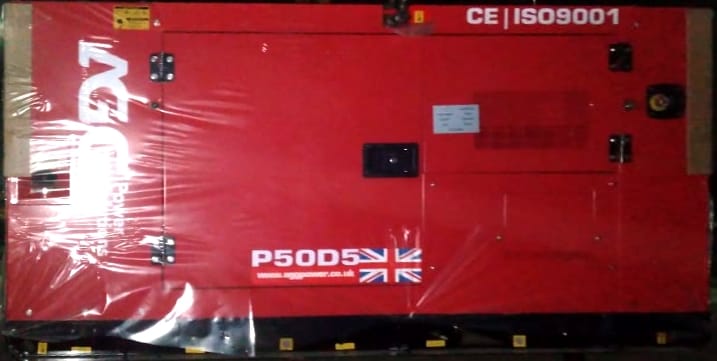
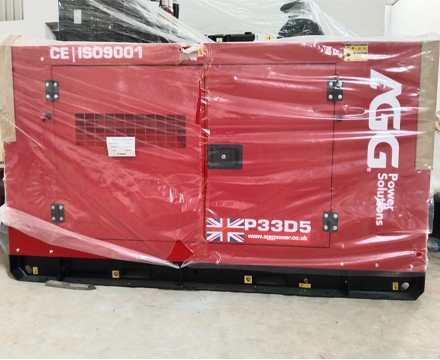
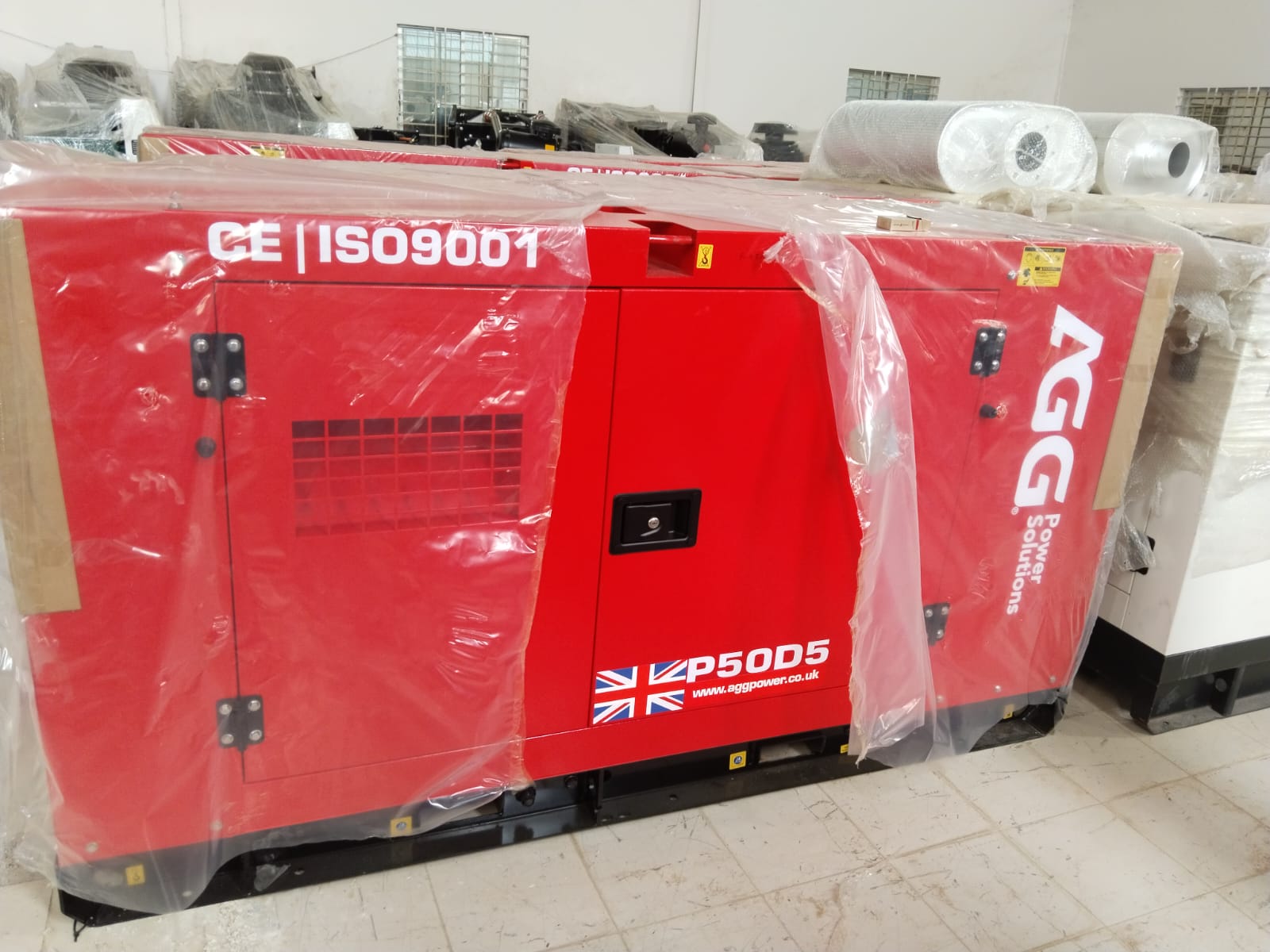

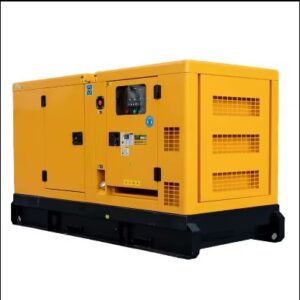


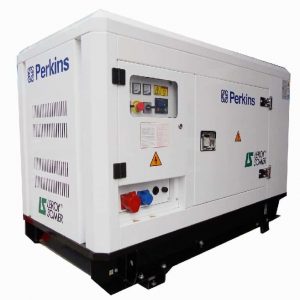

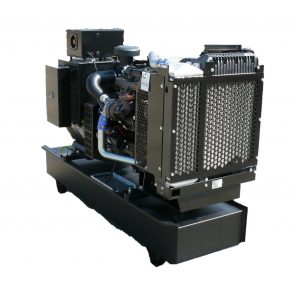











There are no reviews yet.